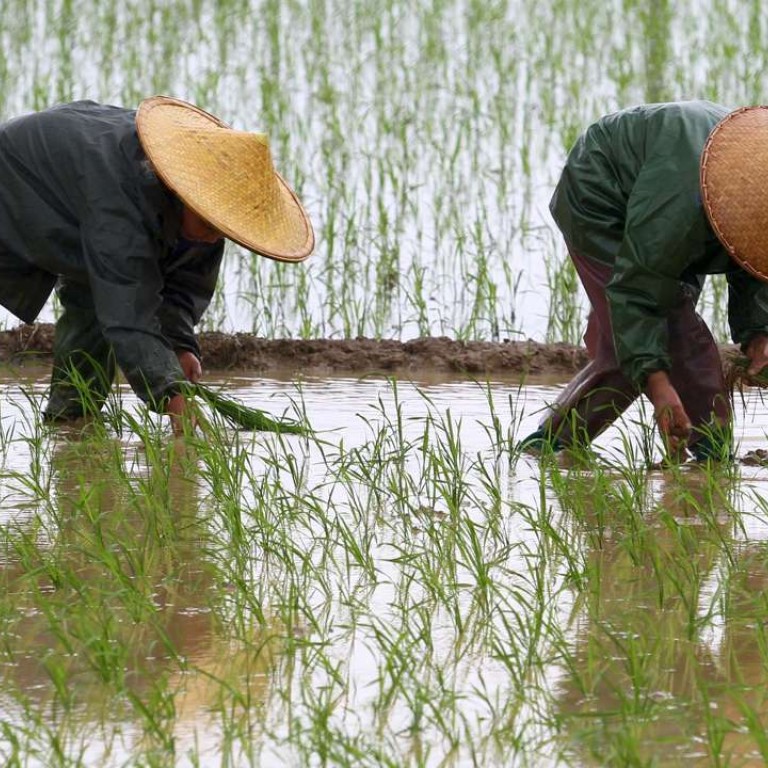
China has made great advances in development, but it still has a long way to go
A poll has shown that Chinese people recognise the country’s growing power, but say it should be cautious of the influence of developed nations. They also think the central government’s priority should be dealing with the country’s problems first.
I agree China now has a more prominent international profile, given that it is the world’s second largest economy. In foreign affairs, it has acted more aggressively.
However, there are some areas where China is still relatively weak. For example, although it has developed space technology, much of that has been borrowed from the West. There is still a lack of creativity. Also, the PLA has a lot of soldiers and weapons, but these weapons are not the most advanced.
Educational levels are still quite low, which adversely affects economic development. It still has several social problems, such as the urban-rural disparity. The issue of migrant workers is not yet settled and many of them still suffer discrimination in the workplace.
The problem of environmental pollution is still severe. The burning of coal in factories and power plants releases many pollutants. Widespread development of renewable energy has not yet happened.
In order to be a genuinely strong nation, China must improve what is known as its soft power.
For example, the problem of the exploitation of migrant workers can be solved by ensuring they earn higher wages and work shorter hours.
The government also needs to spend more on agricultural development. Then fewer farmers would move to the cities to earn a living, which has led to overcrowded urban areas and a decline in the agricultural sector.
These farmers can be offered subsidies as an incentive for them to stay on the land.
With this financial help, they could buy better fertilisers and machinery to increase output.
Agricultural experts can be invited to rural areas to teach farmers about scientific and more productive farming methods. If the lot of farming communities improves, many migrant workers struggling to make ends meet in cities might return to work on the land. Experts in this field can teach farmers about scientific farming methods, such as the drip irritation system.
With the improved production and prospects of agriculture, farmers will stay and migrant workers may go back to rural areas.
By strengthening its soft power, China can eventually become recognised as a genuine superpower.
Yip Wing-tung, Sha Tin

